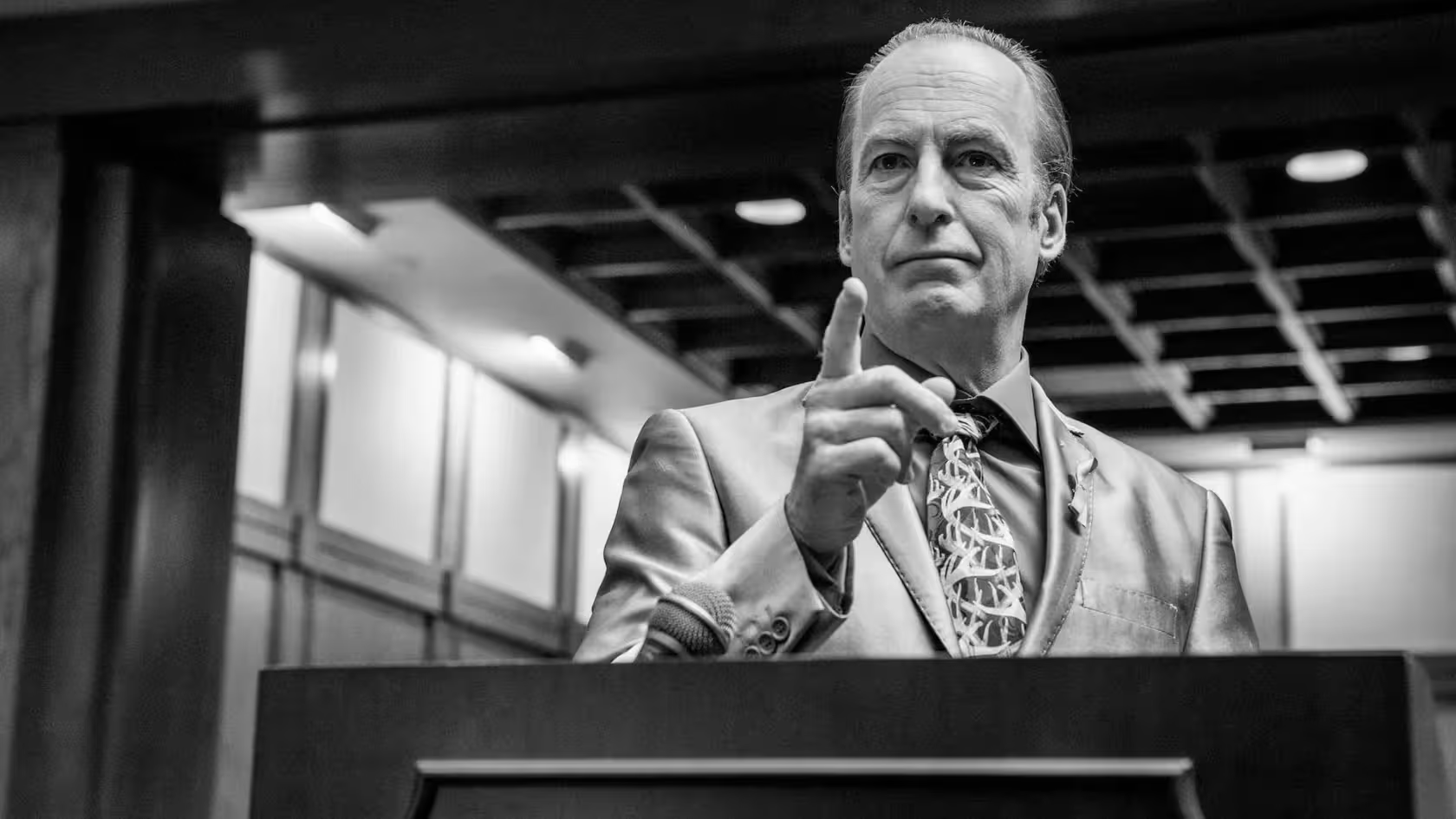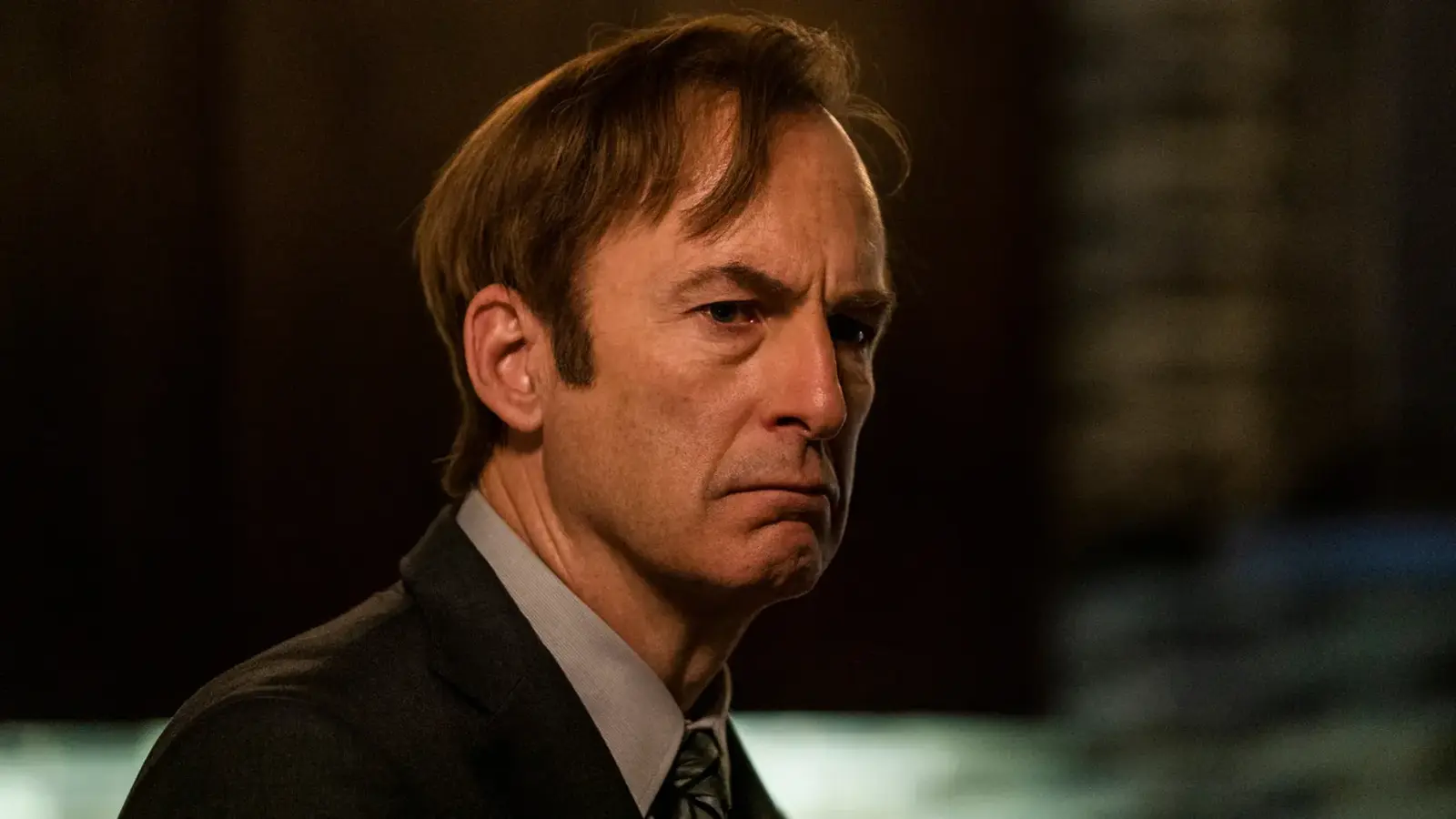3 Minutes
Spoiler warning
Vince Gilligan — the creative force behind Breaking Bad and its acclaimed spin-off Better Call Saul — recently served up a playful but revealing take on the fates of Saul Goodman (Jimmy McGill) and other beloved characters. Speaking on The Rich Eisen Show about his new project Pluribus, Gilligan mixed dark humor with genuine affection for the world he built, offering fans new ways to imagine life after the series finales.
The final episodes of Better Call Saul left Jimmy McGill accepting responsibility for his crimes and heading to a long prison term, a conclusion many viewers took as definitive. When Eisen asked where Gilligan thought Saul might be now, the showrunner answered with a wink: “I think Donald Trump pardoned him.” The remark drew laughter — then Gilligan doubled down with a more grounded image: he could envision Saul out in the world again, selling himself in TV commercials, doing what he does best: hustling in front of the camera.
Huell, the streetwise side character, and other loose ends
Gilligan also touched on Huell Babineaux, Saul’s hulking pickpocket bodyguard. Asked whether Huell might have ended up in New Orleans, Gilligan admitted uncertainty but suggested the character likely found a way to stay free and survive — fitting for a resourceful, slightly rogue operator. It’s a reminder that these secondary characters often carry untold stories beyond the main plot.

He extended the same speculative generosity to Breaking Bad’s Skyler and Walter Jr., expressing hope that they rebuilt their lives after the trauma we witnessed. Gilligan joked that Walt Jr. might have written a book or launched a podcast about his father — a clever nod to how modern media reshapes true-crime narratives.
Beyond jokes, Gilligan’s remarks point to larger trends in television storytelling: audiences crave closure but also enjoy open-endedness that lets fan communities imagine alternate paths. Better Call Saul and Breaking Bad sit side-by-side among the most discussed TV dramas of the 21st century because they balance moral consequence with character-driven nuance.
Comparisons to other prestige TV finales — from The Sopranos’ famously ambiguous cut to black to Mad Men’s contemplative closure — show Gilligan’s preference for endings that reward emotional truth over tidy plot resolutions. Better Call Saul’s courtroom confession felt earned, yet Gilligan’s offhand comments keep the conversation alive.
Trivia fans will appreciate that Gilligan brought up these topics while promoting Pluribus, reminding viewers that showrunners often carry their TV universes with them across projects. Fans and critics alike praised Better Call Saul’s final season for its restraint and moral clarity, and Gilligan’s current reflections underline why these characters continue to fascinate.
Whether Saul ends up pardoned in a satirical fantasy or back in front of the camera hawking late-night ads, Gilligan’s tone — part bemused, part tender — reinforces a lasting truth: well-drawn characters persist in our imaginations long after the credits roll.
In short: Gilligan teases, hopes, and leaves room for fans to keep telling these stories in their own ways.


Leave a Comment